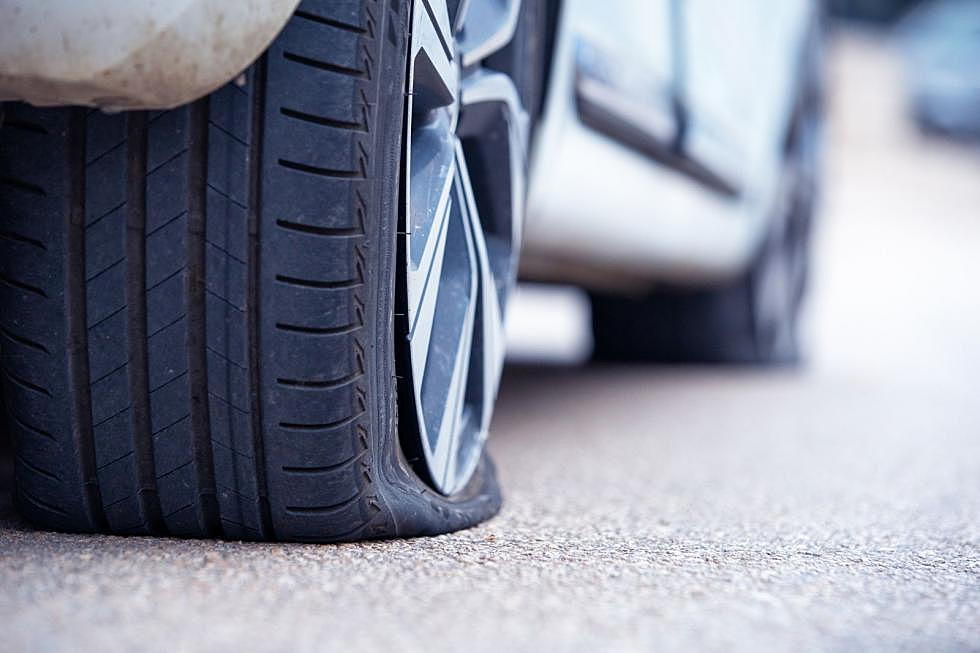
Here’s When You Should Answer Those Annoying Massachusetts Spam Calls
In a world where everyone seems to be fighting for your attention, advertisers, social media apps, friends; people also want to SCAM you!
I'm sure by now you've at least once received a phone call that said "SPAM RISK" and you immediately hit the red button on your iPhone.
MOST OF THE TIME THAT IS THE RIGHT CALL
Let's face it, most of the time the spam risk indicator is right and the person on the other end of the line is trying to scam you.
If you receive any call that says “spam risk,” “fraud risk,” “possible scam” or other variations on the caller ID tag, we highly recommend letting it go to voicemail. ... The call is likely a robocall, spammer or, worse still, someone attempting to phish your information via number spoofing. -appletoolbox.com
BUT, WHEN SHOULD YOU ANSWER? EVER? YES.
When my father-in-law had a massive heart attack last February, he was rushed to Bay State Medical Center in Springfield for emergency surgery. The last phone call I had received about his condition was from the paramedic in the ambulance on the way to the hospital. She said someone would be in contact with me soon after he arrived at Bay State.
A few hours later, I got a call that said "SPAM RISK". No problem, I had received these calls before, I will hit the red button and move on with my evening.
JUST BEFORE I PUT THE CALL TO VOICEMAIL, I NOTICED SOMETHING.
The city.
Normally when SPAM RISK calls come in, there is a city and state below it. This time the city and state read Springfield, MA, you know, where Bay State is!
As I presumed, it was the surgeon from the hospital and needed to speak with me about some urgent matters concerning my father-in-law's health.
Would he have probably left a voicemail? Yes, but the point is, he needed to speak with me right away, and what if I never checked the voicemail until hours later?
I KNOW YOU WANNA PUT THOSE SPAM RISK CALLS TO VOICEMAIL, BUT THINK TWICE BEFORE YOU DO, YOU NEVER KNOW.
Answers to 25 common COVID-19 vaccine questions
LOOK: The top holiday toys from the year you were born
More From WUPE






